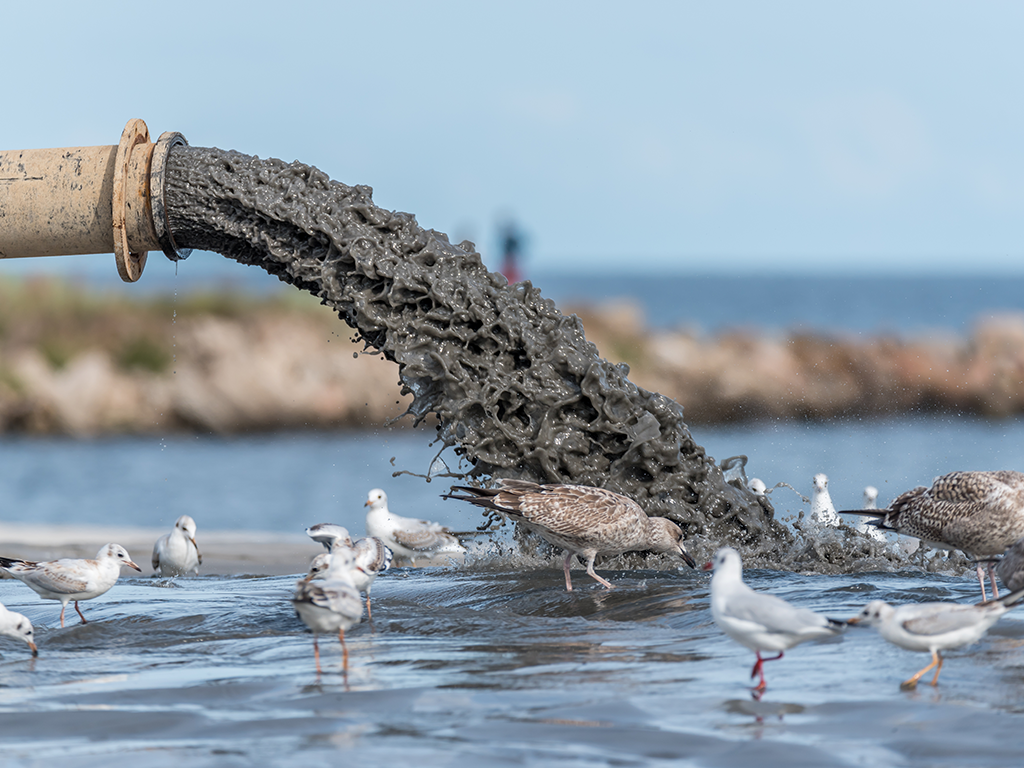Forever chemicals: Examining biological treatment to improve pollution management

JonShore/Shutterstock
Texas A&M AgriLife Research scientists are developing more effective methods to eliminate or break down stubborn pollutants, commonly known as forever chemicals, from waste materials to prevent harm to human and animal health.
Published in Bioresource Technology, the study, led by Dr. Eunsung Kan, associate professor and AgriLife Research biological engineer in the Texas A&M Department of Biological and Agricultural Engineering, and Dr. Gyucheol Choi, postdoctoral researcher for Texas A&M AgriLife Research, delves into the biological treatment of waste containing per- and polyfluoroalkyl substances (PFAS), which pose challenges for degradation through biological means.
The research highlights concerns over the accumulation of toxic PFAS compounds in soil and water, potentially impacting human, plant, and animal health. Current physical and chemical techniques used for PFAS treatment in wastewater and solid waste are energy-intensive, costly, and often ineffective in completely degrading PFAS.
Through anaerobic digestion, a biological process commonly used for treating solid waste and its byproducts, the study demonstrates the degradation of two challenging PFAS compounds, perfluorooctanoic acid (PFOA) and perfluorooctane sulfonic acid (PFOS). Dr. Choi’s experiments reveal significant inhibition of anaerobic digestion and negative impacts on microbial communities in the presence of PFOA, particularly with increasing concentrations.
While all PFAS compounds present difficulties in degradation, the study underscores varying levels of difficulty and toxicity among individual chemicals. The findings provide foundational insights for additional research and inform the development of waste, wastewater, and water treatment technologies essential for complete PFAS degradation before environmental introduction.

